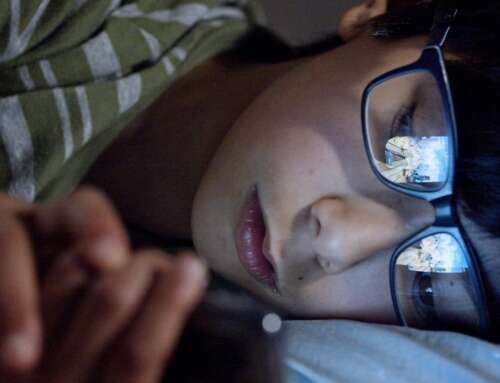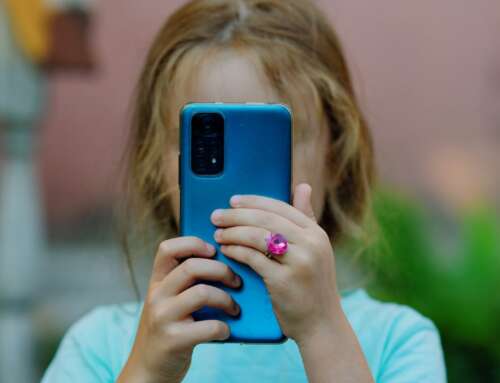Research published this year suggests one in seven teenagers have sent explicit texts and one in four have received them.
It prompted the Australian Medical Association to overhaul its youth outreach program, Dr YES (Youth Education Session), to include more up-to-date information about sexting and health.
The program involves medical students visiting high schools for frank discussions with young people about health issues.
It coordinator, Julian Ming, told Jessica Strutt on ABC Radio Perth that the texting of explicit images, or sexting, had emerged as a huge social dilemma for many young people.
“We were raised in a technological world where an iPhone or a laptop is your main form of communication with your friends,” he said.
“So really, sexting is kind of the obvious extension of that digital world that young people live in — it’s just another means of communicating with other people.”
Digital intimacy on the rise
Jessica Ringrose, a professor of sociology in gender and education at University College London, recently spoke at a conference at Curtin University and said the problems young people encountered with sexting were matters of consent.
“Why would it be OK for you to just send someone your [nude] picture unsolicited?
“Why would it be OK to share something someone’s just given to you and spread or transmit it to a whole bunch of other people?
“What has to change is the social norms around images being seen as a form of currency or value that can be traded against their consent.”
“It can also make you very vulnerable: what if that pic could be used to blackmail you or sexploit you?”
Sexting and self-esteem
Co-founder of the Dr Yes program Dr Rosanna Capolingua said the mistreatment of explicit images could jeopardise somebody’s wellbeing.
“To have your image shared when you first have believed that it was perhaps in a consensual understanding, you could feel violated, you could feel ashamed, you could feel embarrassed, and that’s when your self-esteem starts to get undermined,” she said.
“It has long-term implications for their employment ability and their reputation over time because often images get left around and get used later.”
– Gian De Poloni, ABC Radio Perth
Read more: Sex Education Needs to Evolve to Keep Pace with Trends like Sexting, Experts Say
Image by Marvin Meyer from Unsplash







Leave A Comment